We need to come up with a new name for master planning, but that’s no easy task, writes David Rudlin
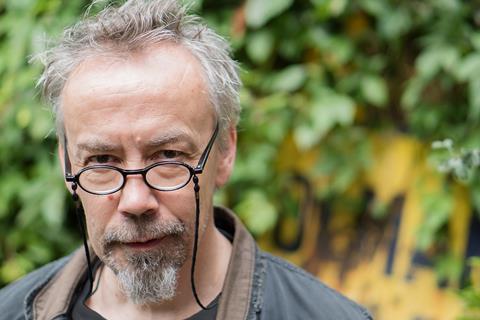
We need a new name for the thing that we do as urban designers, one that is less gendered, and which doesn’t make us sound like megalomaniacs.
A couple of months ago a colleague of mine, Sue Emms, was about to make a presentation about a plan we had prepared for MacMaster University in Canada. Just before she was about to start, the client took her aside and asked her not to use the term ‘master plan’. The term was too gendered and in a North American context also carried slavery associations.
Sue quickly edited her presentation and made a mental note to avoid the term only to find that the client rather undermined their case when referring to ‘the master plan’ in their opening remarks. The cancelling of master planning as a term may therefore be a work in progress but we all knew it was coming.
For those of us who call ourselves master planners the label has always been problematic. For a start many of the ‘master planners’ I work with are women and while we have toyed with the idea of a ‘mistress plan’ that doesn’t really do it.
I notice that my desktop publishing programme has replaced its ‘master pages’ with ‘parent pages’ probably for the same reason. But ‘parent plans’ would make us sound like a family planning service.
In any case the problem is not just about gender. Evil geniuses, Bond villains and worse, have masterplans, not mild-mannered liberal types like us urban designers.
The very term is symbolic of the problem with urban design as a discipline
The term itself makes us sound like we are up to no good. Like we are scheming to do bad things or imposing something terrible on an unsuspecting public.
More to the point the term is inaccurate. It implies great power, which is something that we urban designers really don’t have. Most master plans are ignored or subverted and very few ever get built.
As I have written about before in this column, the problem with urban designers is that we are wilfully blind to our impotence. The way urban design is taught and practiced is almost entirely focussed on the production of master plans that make us think we can change the world (or at least shape part of it). What is rarely covered is the process by which this change takes place, which is why it rarely does.
The term master plan implies that urban areas are working towards a fixed end state that can be designed, rather than being in a state of perpetual flux that must be managed. The very term is symbolic of the problem with urban design as a discipline.
Because of this, the plan has become our output. For architects, buildings only really count once they are built, whereas for urban designers, the master plan is an objective in its own right.
The output is a rendered plan and CGI aerial view (nowadays often a night-time view aglow with a million lights). Job done, happy client, fee invoiced.
So answers on the back of a postcard please
Indeed I have heard master planners express surprise when a client (normally in China) actually realised the plan. Wow! who knew that they actually meant to build it?
These fantasy plans, rendered from CGI viewpoints so high above the ground that people are reduced to mere dots, really are worthy of the term master plan. They allow us to ignore the complexities of urban systems and reduce the richness of human interaction and city life into a promotional image.
The process of building and managing cities is more complex. There is still a need for plans as part of a box of tools to shape and manage the growth of urban areas. After all, we need to show people what we are trying to achieve, even if we do never quite achieve it.
But we need a new name. Various options have been tried on for size: masterplans become ‘spatial frameworks’ while master planners become ‘placemakers’. Both may be less problematic but have the disadvantage that no one knows what they mean.
So answers on the back of a postcard please. I am happy to offer a free copy of my book to the best suggestion of new names for master plans and master planners.
>> Also read: High Street: How our town centres can bounce back from the retail crisis
Postscript
David Rudlin is director of Urban Design at BDP and visiting professor at Manchester School of Architecture.
He is a co-author of High Street: How our town centres can bounce back from the retail crisis, published by RIBA Publishing.


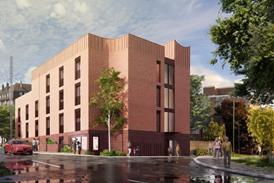
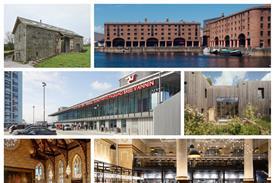
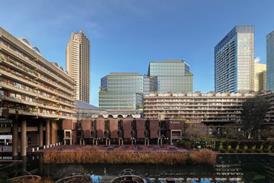
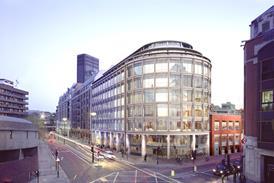










No comments yet